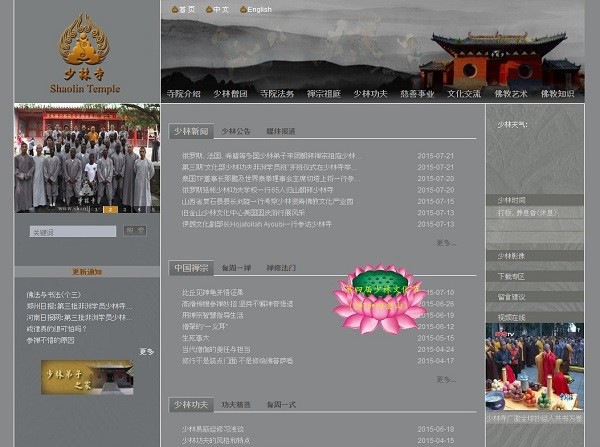The Renmin University of China’s (RUC) School of Philosophy released through its National Survey Research Center the result of the China Religion Survey 2015 where it learned that the country’s different religious groups are actively making their presence felt online.
According to the latest religion survey, places of worship that have websites make up about 6 percent. Buddhist temples, for example, make up 14 percent. Religious groups even have their own social media accounts and participate in online forums.
Another report from RUC says that Catholic (39.8 percent) and Protestant (32.1 percent) churches are very much active online. Both use the Internet for their various religious activities.
Wang Long, who lives in Nanyang, Henan Province, told the Global Times that he got converted to Buddhism through an online application service offered by the Shaolin Temple located in Dengfeng County in Zhengzhou. He said that he did not have time to personally apply at the temple, and the Internet gave him a “convenient way” to do that.
Traveling by bus from Nanyang to the famous Buddhist temple normally takes some three hours. For busy people like Wang, that may be a huge consideration.
Shaolin Temple’s Zou Xiang, a lay Buddhist in charge of the temple’s website, told news site that their temple was one of those first ones who went online. Zou said that those located far from the temple and want to convert to Buddhism may now find it “convenient” to do so.
Application fee is 80 yuan. Processing may take some two weeks.
A certificate is finally given after an applicant passes a Buddhism test. Prior to that, after receipt of the application form, a Buddhist master and the applicant discuss things over the phone and such conversations take place several times.
Du Shikang, a resident of Liaoning Province, started to communicate with Liang Xingyang, a Taoist priest, through Sina Weibo. Despite the nonpersonal form of communication, Du said that there was a “special connection” established between him and Liang that led to his conversion to Taoism.
Certifying one’s conversion now initially starts with a few clicks.



























